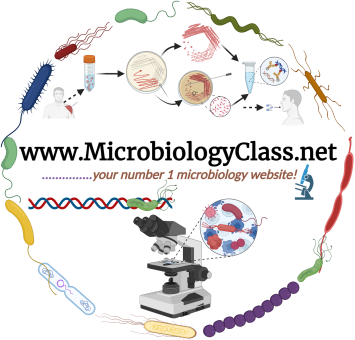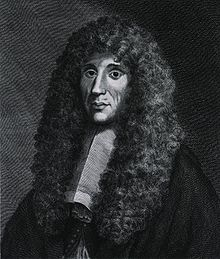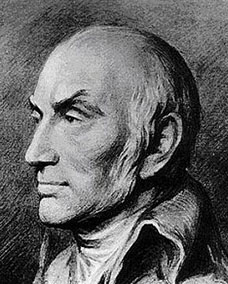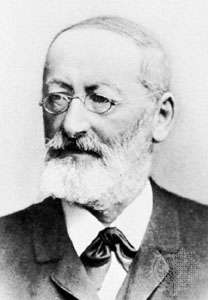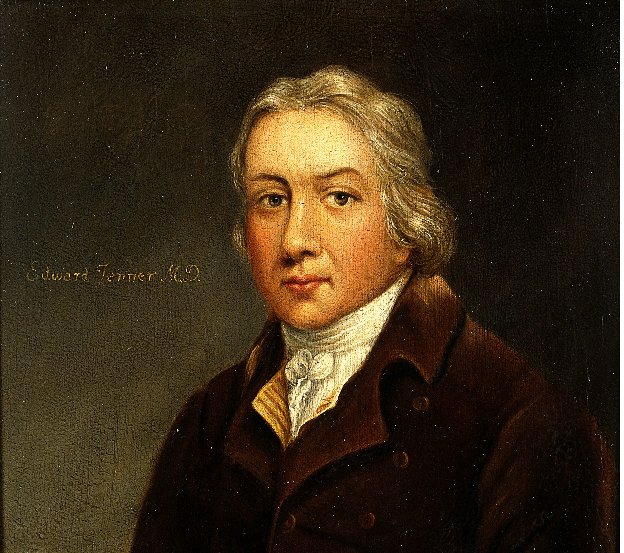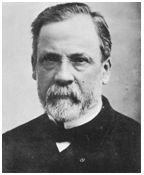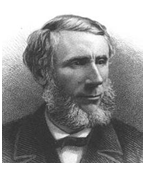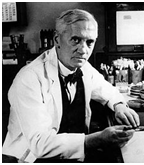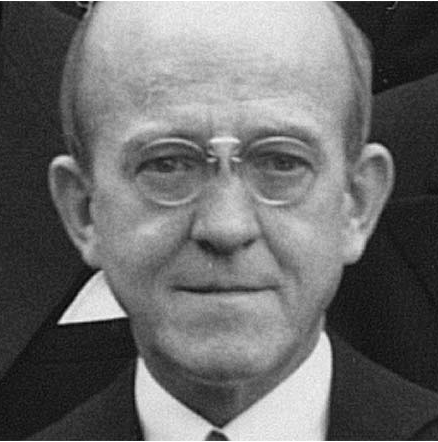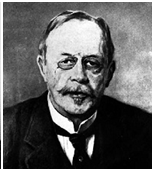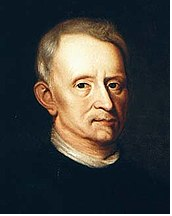FRANCESCO REDI (1626-1697)
Francesco Redi, an Italian scientist was the first scientist to challenge the theory of spontaneous generation by demonstrating that living organisms did not actually originate from non-living things. He developed a scientific experiment to test the spontaneous creation of maggots from fresh meats using two jars (one of the jars was left open while the […]
FRANCESCO REDI (1626-1697) Read More »
General Microbiology